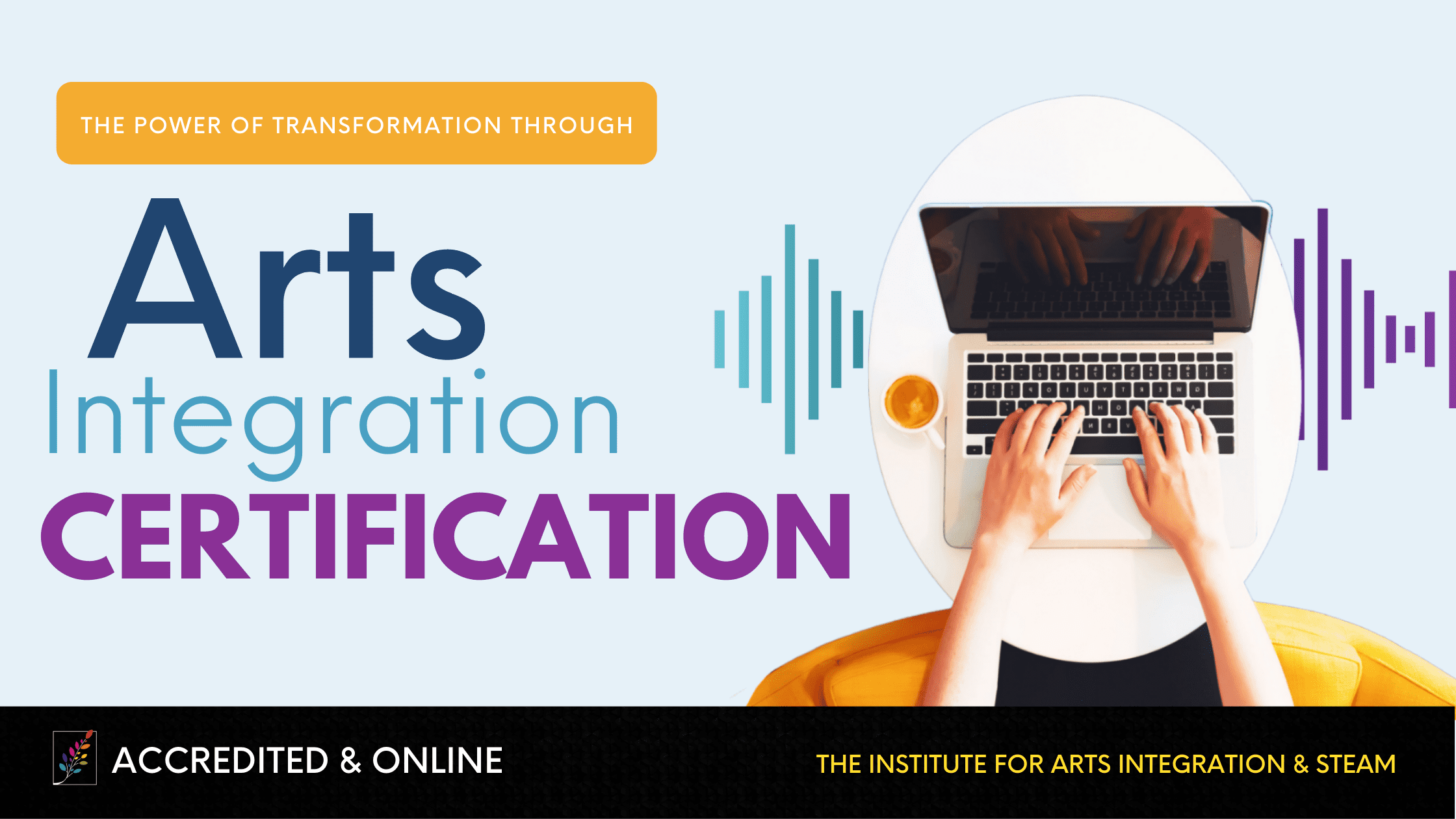Language and Growth Mindset – What’s the Connection?
4 Min Read • Growth Mindset
How Encouragement Can Be Detrimental
“You’re so smart!” “You’re so talented!” “Good job!” “Nice work!” These kinds of statements are frequently heard from well-meaning adults to children. All of these sound like good things to say to students, right? Unfortunately, these statements range from not very helpful to downright harmful. How, you say?
The last two statements are just not helpful. What does it mean to say, “Good job”? If you don’t follow that with something specific, the child has no idea why you are praising them. Enough of that non-specific feedback, and those kind of encouraging words become white noise. No one hears them, because they carry no meaning.
Tell a kid they’re smart and talented as they breeze through math problems or a piano piece, and guess what happens when they are confronted with something that’s not easy. They shut down. They fear making a mistake. They are afraid that if it’s not so easy for them anymore, then they are not really smart or talented. Research has actually shown that blanket statements praising a child for being smart or talented, is actually detrimental to their development. You may think that sounds crazy, but I’m living proof.
My Story
From a young age I studied dance – particularly ballet and Irish step dancing. Those forms of dance came easily to me, and I received lots of praise from my teachers. “Look at her feet. She’s such a natural.” “Everyone, watch Deirdre.” Enough of that and I thought I was pretty hot stuff, but then the movements and the choreography became more complicated. As much as I loved to dance, when I encountered something that was challenging for me, I shut down. I didn’t want to expose what I felt was my lack of talent.
It used to come so easily to me. If I couldn’t do something, then I must not be talented. I have come to learn that this is what is called a fixed mindset. I didn’t believe that with hard work I could achieve. I thought the fact that I couldn’t do something right away meant I wasn’t talented. And if I wasn’t talented, what was the point? Over time, I did learn that with hard work I can improve, but I still feel that knee-jerk reaction in a dance class today if I’m not getting something. That fixed mindset is a tough thing to change.
However, school was not the same. Although I heard I was smart as a young child, and things came easily to me, by the time I was in middle school and encountered Algebra, I began to doubt that assessment. This math just didn’t make sense to me. Strangely enough, I stuck with it. I worked at it. I exposed my ignorance to everyone in the class. In my Geometry class, even though my hand was the first one in the air, my teacher would start off the class with, “Does anyone besides Deirdre have a question about last night’s homework?” figuring some of my questions might be asked by others first.
For some reason, when it came to school work, I believed with hard work I could get better. I accepted that math didn’t come easily to me, and that it would take more work on my part to do well, but I was determined. I have come to learn that this mindset is called a growth mindset. In this area of my life at least, I understood that hard work was valuable, that getting things wrong helped me to identify where my understanding broke down, so I could break through and better understand the concept.
What Can Teachers Do For Effective Growth Mindset?
Apparently, it is not unusual for people to have a combination of fixed and growth mindsets. As teachers, we play a big role in helping our students identify their hidden fixed mindsets and/or foster a growth mindset in our students in all areas of their lives. By praising process over natural aptitude, and giving specific feedback, we can help our students understand their hard work can make them smarter and more capable.
By helping students work smarter, while finding new strategies when the first few didn’t yield results, or seeking out better/more appropriate tools, and by guiding students to really embrace failure as a learning goldmine, you are instilling in your students a mindset that will serve them well no matter what they choose to do.



